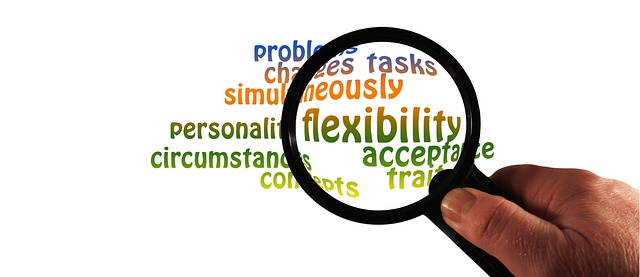While proper treatment reduces wart recurrence risk, warts can return. Immune system health, hygiene, and wart type influence reoccurrence rates. Urgent care facilities offer same-day wart removal appointments with post-removal guidance. Regular handwashing and avoiding triggers like moist environments are crucial for prevention. If home treatments fail, seek professional medical care for convenient same-day wart removal appointments.
Wart removal is a common concern, but understanding how to prevent recurrences is just as vital. This guide offers practical strategies to ensure your skin remains free from unsightly warts after their initial removal. From maintaining meticulous hygiene to identifying and avoiding triggers, these steps are designed for quick reference during or after a same-day wart removal appointment. Learn how to take control and keep those warts at bay permanently.
- Understand Wart Recurrence After Removal
- Practice Good Hygiene for Prevention
- Target Common Triggers and Risk Factors
- Seek Professional Care for Persistent Warts
Understand Wart Recurrence After Removal

Warts can sometimes return after removal, even with proper treatment. Understanding this recurrence potential is key to managing and preventing future wart issues. The rate of wart reoccurrence varies from person to person, depending on factors like immune system health, personal hygiene, and the specific type of wart. Common warts, for instance, tend to be more stubborn and may require repeated treatments or a same-day wart removal appointment to fully eradicate them.
Urgent care facilities offering wart removal services in areas like Woking or Bolton can provide effective solutions. These clinics often have experienced professionals who can advise on post-removal care, including keeping the treated area clean and dry, avoiding scratching or picking at the site, and maintaining good general hygiene practices. Regular check-ups during the following weeks may be recommended to catch any returning warts early.
Practice Good Hygiene for Prevention

Maintaining good hygiene practices is an essential step in preventing warts from returning after their removal. It may sound simple, but regular handwashing with soap and water, especially before and after touching your face or any affected areas, can significantly reduce the risk of reoccurrence. This is crucial, as warts are highly contagious, and proper hygiene acts as a protective barrier.
Consider scheduling a same-day wart removal appointment at a private clinic in Bristol, where experienced professionals can offer fast track solutions for achieving wart-free skin. These clinics often provide comprehensive treatments and aftercare advice, ensuring you have the tools to maintain your new skin state. Remember, consistent hygiene is a key component of a long-term strategy to prevent future warts.
Target Common Triggers and Risk Factors

Warts can be stubborn and recurrent, so understanding their triggers is key to preventing future outbreaks. Several factors contribute to wart development and regrowth, including weakened immune systems, skin injuries or breaks, and certain viral strains. Common triggers for wart reoccurrence include sharing personal items like towels or razors with infected individuals, frequent hand contact with rough surfaces, and exposure to warm, moist environments.
For those seeking efficient same-day wart removal appointments in the West Midlands or Sheffield, discover effective solutions tailored to your needs. While these regions offer various private wart removal services, understanding the underlying causes of warts can empower you to make informed decisions. By addressing these triggers, you can significantly reduce the likelihood of future wart development and maintain healthier skin.
Seek Professional Care for Persistent Warts

If warts persist or reoccur after home treatment or standard removal methods, it’s crucial to seek professional medical care. Many reputable clinics, such as those found in Essex Colchester, Bristol, and Epsom, offer same-day wart removal appointments, ensuring swift relief from these unsightly growths.
Experienced healthcare providers can diagnose the type of wart and recommend the most effective treatment options. They have access to advanced techniques and medications that may not be readily available over the counter, including cryotherapy (freezing), laser treatments, or prescription creams. Professional care is particularly important for persistent warts as it helps prevent further spread and reduces the risk of complications, ensuring your skin remains healthy and clear.
Warts can be persistent, but with proactive measures, you can significantly reduce the chances of them returning after removal. Understanding the factors that contribute to recurrences, such as poor hygiene or exposure to certain viruses, is key. Regular handwashing, especially before and after removing or treating warts, is an effective preventive step. Additionally, being mindful of triggers like walking barefoot in public areas can help avoid re-infection. If warts persist despite at-home care, it’s crucial to consult a professional for advanced treatments or same-day wart removal appointments. By combining good hygiene practices with targeted strategies, you can keep warts at bay and enjoy clear, smooth skin.
